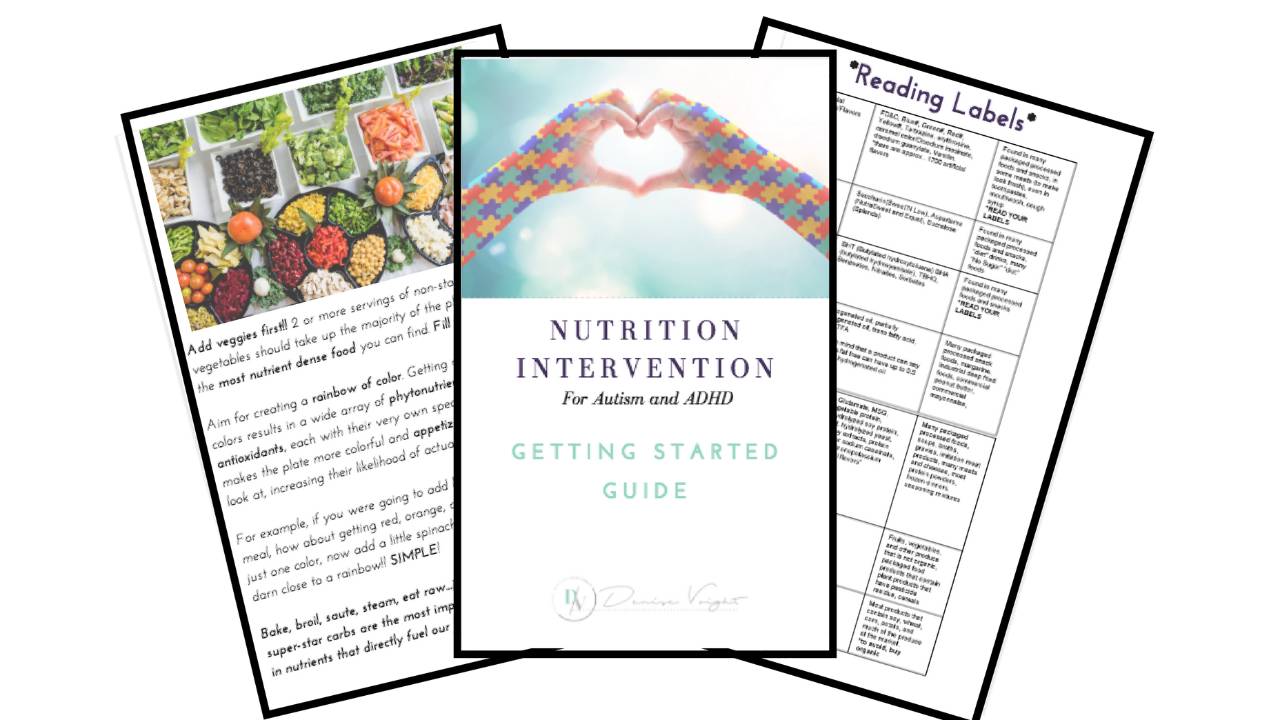Picky Eating vs Problem Feeding

If your child only eats certain foods and often refuses to try new types of food, you may be wondering if your child is a picky eater or has a feeding problem. Here are a few ways to know the difference. Typically, the majority of children who are picky eaters and do not have a more serious feeding problem demonstrate a normal growth pattern [1]. Normal growth and development as well as the absence of physical symptoms (e.g. trouble swallowing) are factors that healthcare professionals often look for when determining whether a child is a demonstrating picky eating or problem feeding [1].
Common signs of picky eating include [2-4]:
- Eating a limited amount and type of foods
- Refusing certain foods, especially fruits and vegetables
- An unwillingness to try new foods
- A strong preference for specific foods
- Preferring to drink milk or juice instead of eating
- Snacking instead of eating proper meals
- Preferring fatty foods and sweets
Feeding problems, on the other hand, may be due to an underlying medical problem and it may also be linked to malnutrition [1, 5]. Signs of a feeding problem include:
- Difficulty swallowing
- Painful swallowing
- Choking or coughing while swallowing
- Complaining of pain while eating
- Diarrhea and/or vomiting
- Food allergies or sensitivities
- Failure to thrive
- Certain disorders (e.g. autism)
Overall, normal growth and the absence of physical symptoms are often observed for picky eaters, while significant symptoms as well as medical conditions are often associated with feeding problems. A physician can help you accurately determine which may be the case.
*Click here to check out this free 7 tips for trying to get a picky eater to try new foods
References
- Ong C, Phuah KY, Salazar E, How CH. Managing the 'picky eater' dilemma. Singapore Med J. 2014;55(4):184-189.
- Wright CM, Parkinson KN, Shipton D, Drewett RF. Pediatrics. 2007; 120(4):e1069-1075. How do toddler eating problems relate to their eating behavior, food preferences, and growth?
- Mascola AJ, Bryson SW, Agras WS. Picky eating during childhood: a longitudinal study to age 11 years. Eat Behav. 2010; 11(4):253-257.
- Goh DY, Jacob A. Perception of picky eating among children in Singapore and its impact on caregivers: a questionnaire survey. Asia Pac Fam Med. 2012; 11(1):5.
- Kerzner B. Clinical investigation of feeding difficulties in young children: a practical approach. Clin Pediatr (Phila). 2009; 48(9):960-965.
